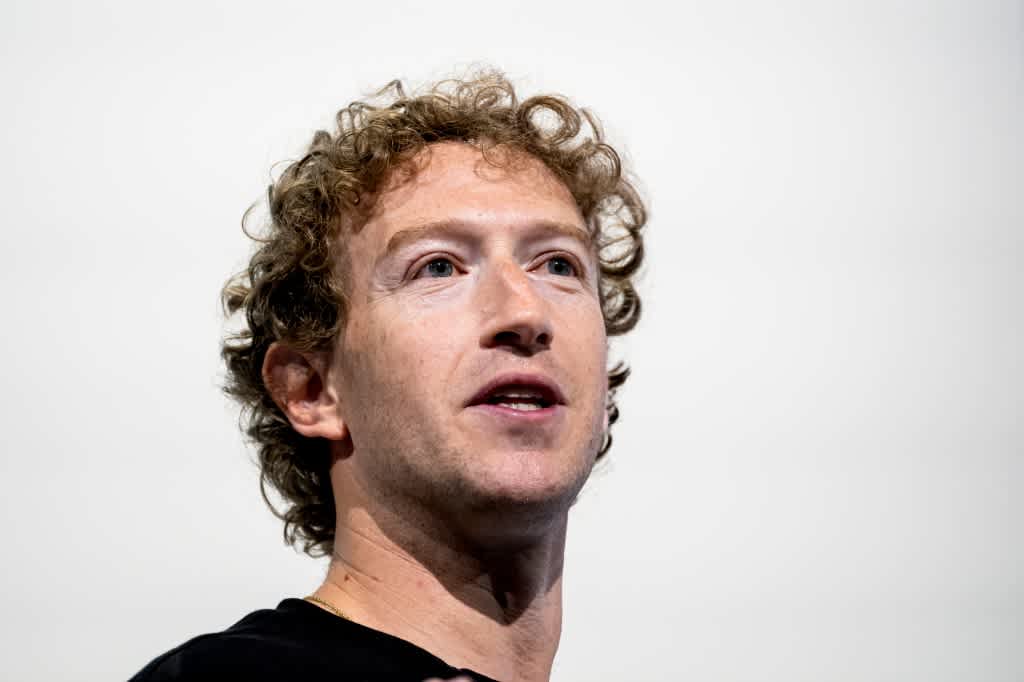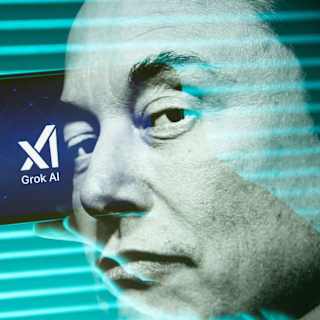- Zuckerberg's Personal Recruitment Drive
- Escalating AI Talent War
Meta has successfully recruited four key researchers from OpenAI to join its artificial intelligence superintelligence team, marking a notable victory in CEO Mark Zuckerberg's aggressive campaign to attract top AI talent with compensation packages reportedly exceeding $100 million.
The social media giant hired Lucas Beyer, Alexander Kolesnikov, and Xiaohua Zhai from OpenAI's Zurich office, according to The Wall Street Journal. Separately, Meta also recruited Trapit Bansal, who played a foundational role in developing OpenAI's first AI reasoning model, o1, according to TechCrunch. OpenAI confirmed the departures of all four researchers.

The hires represent the latest success in Zuckerberg's hands-on approach to building a 50-person superintelligence team aimed at developing artificial general intelligence that matches or exceeds human capabilities1. The Meta CEO has been personally contacting hundreds of AI researchers via WhatsApp, coordinating targets through a private "Recruiting Party" chat and hosting dinners at his homes in Palo Alto and Lake Tahoe2.
Meta recently invested $14 billion in Scale AI and brought its 28-year-old CEO Alexandr Wang onto the superintelligence team3. The company has also reorganized its Menlo Park headquarters so new team members sit closer to Zuckerberg's office1.
The recruitment push stems partly from frustration with the performance of Meta's Llama 4 model, according to reports4. Zuckerberg announced earlier this year that Meta would invest up to $65 billion in AI during 20255.
The successful hires contradict OpenAI CEO Sam Altman's recent assertion that "none of our best people" had accepted Meta's offers1. Meta CTO Andrew Bosworth told CNBC that OpenAI has been countering Meta's offers, calling the market rate for AI talent "unprecedented"2.
The competition for AI researchers has intensified across the industry, with more than 200,000 active AI job postings globally and the talent pool growing 67% year-over-year3. Major tech companies are offering multi-million dollar packages, with some positions commanding over $2 million annually4.
Despite some successes, Zuckerberg has failed to recruit higher-profile targets including OpenAI co-founders Ilya Sutskever and John Schulman, both of whom launched their own startups5. The moves underscore the fierce battle among tech giants to secure talent capable of developing the next generation of AI systems.





